In the vast expanse of outer space, the growing concern over space debris has prompted various stakeholders to take action. Among them, SpaceX, led by visionary CEO Elon Musk, is playing a significant role in addressing this issue. This post explores how SpaceX's initiatives are contributing to reducing space debris and enhancing environmental sustainability in space.
Space debris encompasses defunct satellites, spent rocket stages, and other fragments that orbit Earth, posing risks to spacecraft and satellites. Recognizing these dangers, SpaceX has been at the forefront of developing debris reduction strategies. The company’s efforts align with global demands for responsible space debris management and orbital debris removal.
SpaceX's approach to space debris solutions is multi-faceted, focusing on prevention, mitigation, and active removal. One of their key strategies includes designing spacecraft and rockets that leave minimal debris in orbit. For instance, the Falcon 9 rocket’s first stage is reusable, significantly cutting down on space waste. This reusability is a cornerstone of SpaceX’s space waste management strategy, setting a precedent in the aerospace industry for reducing the volume of debris generated during launches.
Furthermore, SpaceX is exploring technologies for orbital debris removal. Although specific projects have not been publicly detailed, the company's ongoing advancements in spacecraft technology suggest potential future involvement in active debris removal missions.
SpaceX also addresses the environmental impact of its operations through conscientious satellite disposal practices. The company's Starlink satellites are equipped with propulsion systems that allow them to deorbit at the end of their life cycles, ensuring they do not contribute to space debris. This method of controlled deorbiting is part of SpaceX's comprehensive debris mitigation strategies, which are critical in maintaining long-term space sustainability.
Challenges and Controversies
Despite its efforts, SpaceX has faced challenges and criticisms related to space debris and environmental impact. Recently, astronomers have raised concerns over the increased brightness of SpaceX’s direct-to-cell Starlink satellites, which are reportedly five times brighter than before. This change has sparked worries about the satellites’ impact on astronomical observations and the overall space environment.
In a significant corporate move, Elon Musk announced plans to relocate SpaceX and his other company, X (formerly Twitter), to Texas. This relocation is expected to influence future projects and initiatives related to space sustainability from SpaceX. The move may also align with Musk’s broader vision for integrating technological advancements with sustainable practices.
External factors such as competitors and partners also affect SpaceX's operations. For instance, Boeing’s recent troubles with its Starliner spacecraft have led NASA to delay missions, indirectly impacting SpaceX's schedule and plans for future launches. These delays highlight the interconnected nature of space operations and the importance of reliable technology in advancing the goals of space debris reduction.
As SpaceX continues to innovate and expand its operations, its role in promoting space sustainability remains crucial. The company's ongoing development of Starship, which recently saw a booster test-firing despite a Falcon 9 grounding, points to Musk's commitment to advancing space technology in a responsible manner.
Looking Ahead: SpaceX’s Role in Space Sustainability
SpaceX's proactive measures in satellite disposal and its potential future contributions to active debris removal efforts exemplify the company's dedication to safeguarding the orbital environment. By continuing to prioritize space debris solutions and environmental impacts in their projects, SpaceX not only advances its commercial interests but also contributes significantly to global efforts towards sustainable space exploration.
SpaceX's journey towards reducing space debris encapsulates a blend of innovation, responsibility, and strategic planning. Through its debris mitigation strategies, environmentally conscious satellite disposal methods, and future cleanup initiatives, SpaceX is setting standards in the aerospace industry for reducing space junk.
As we look to the future of space exploration, the importance of sustainable practices becomes increasingly clear. Companies like SpaceX are essential in leading the charge towards safe and sustainable outer space environments. Their efforts not only protect valuable space assets but also ensure that future generations can continue to explore and benefit from space resources.
Thank you for joining me on this exploration of SpaceX’s pivotal role in tackling one of the most pressing environmental issues facing the global community today. Let us continue to support and advocate for responsible behaviors that promote the long-term sustainability of outer space.


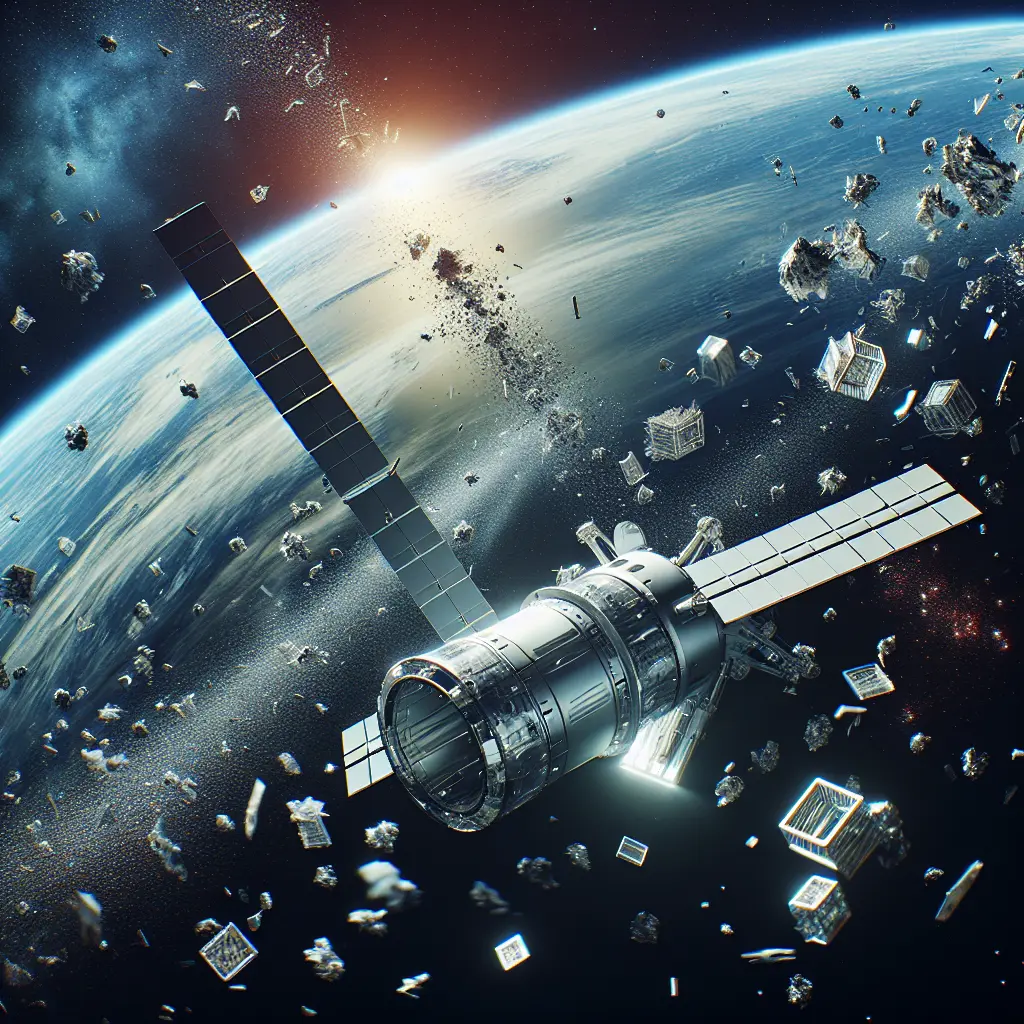



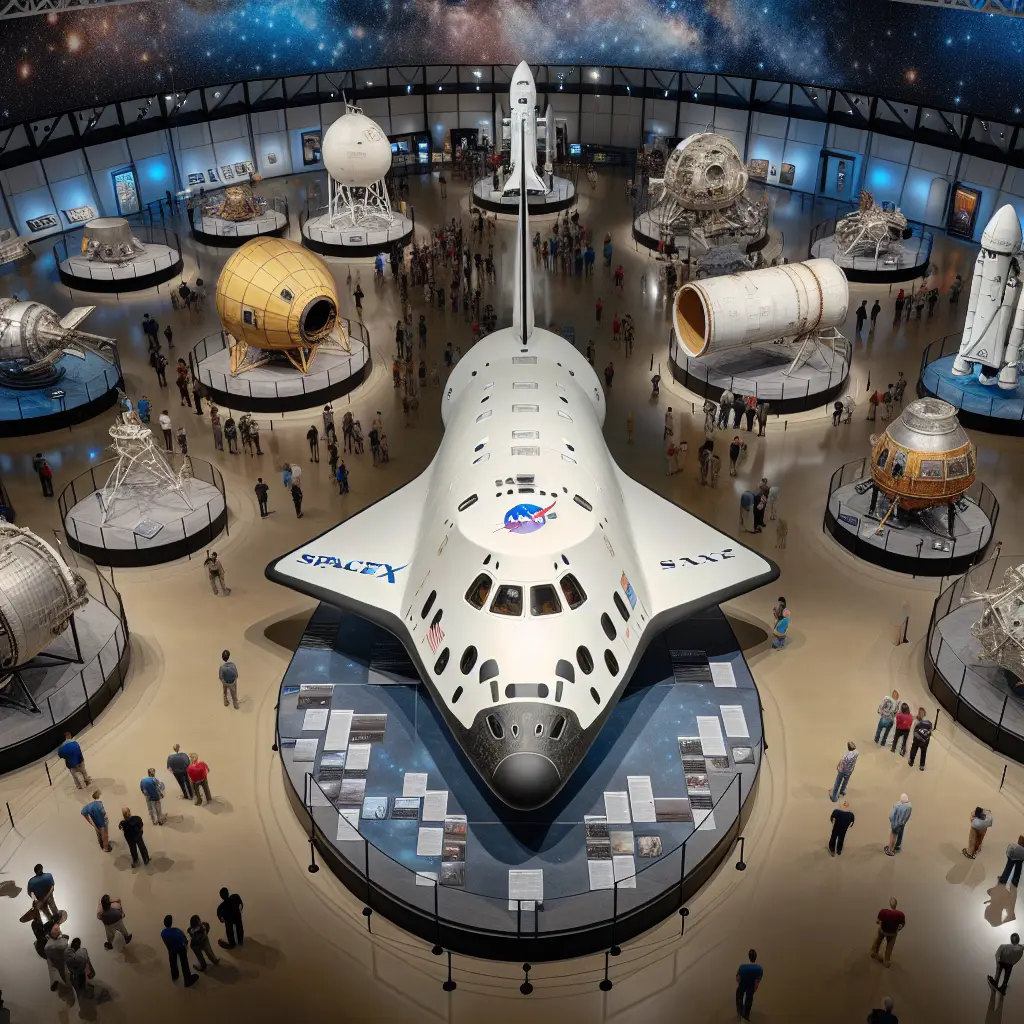
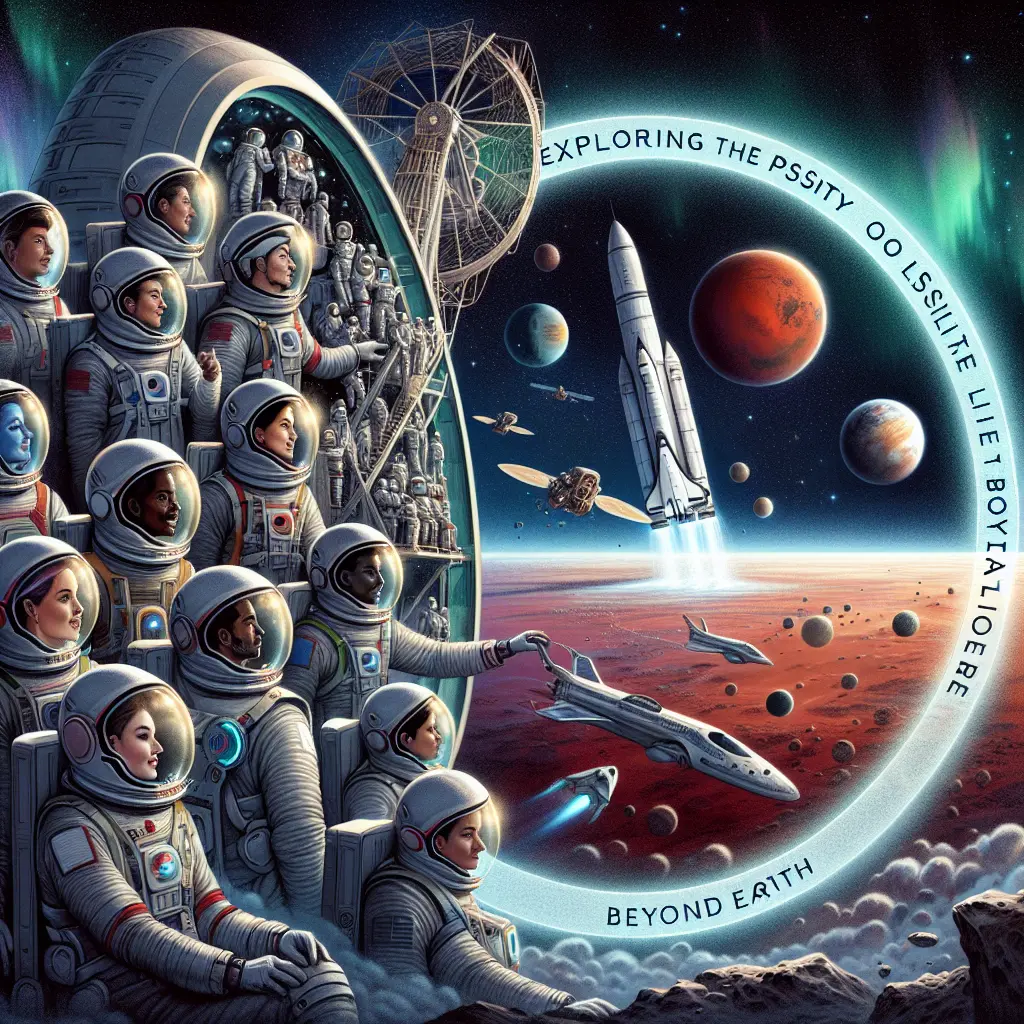
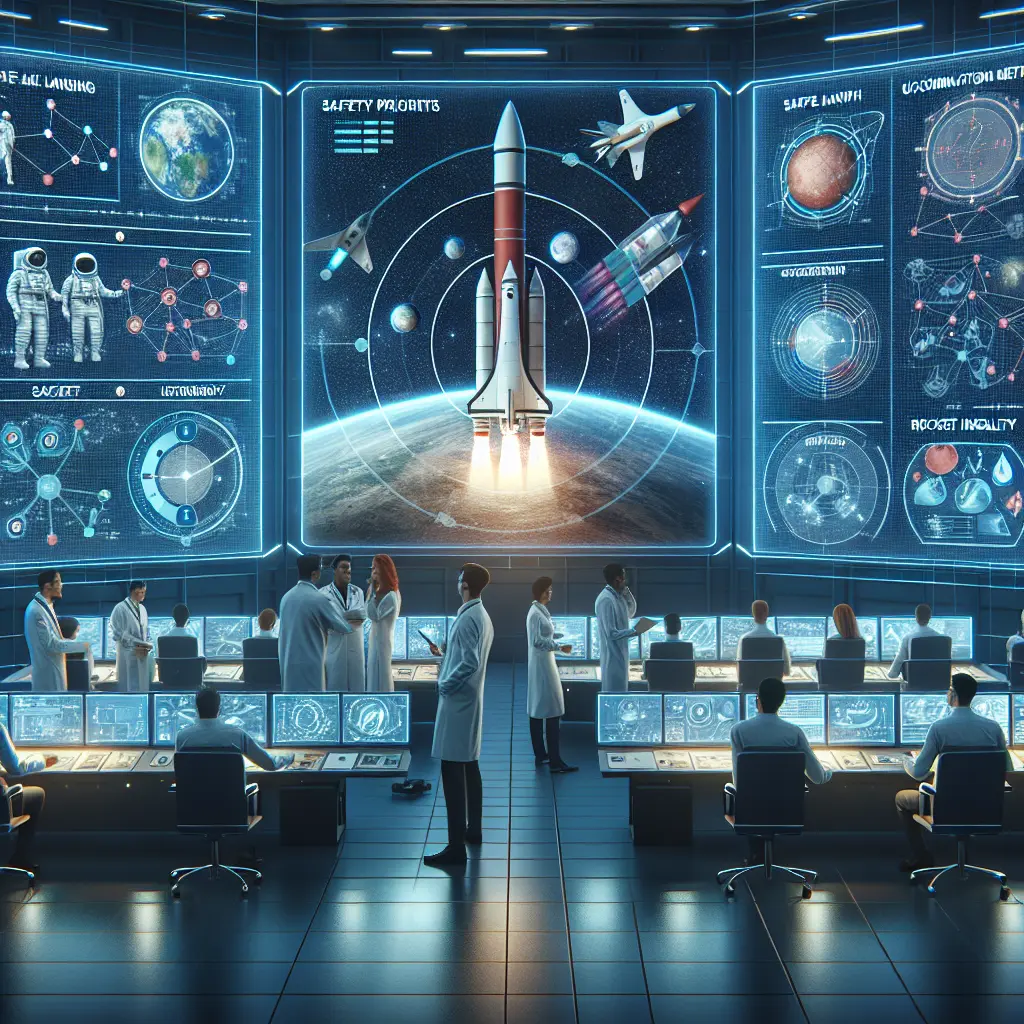
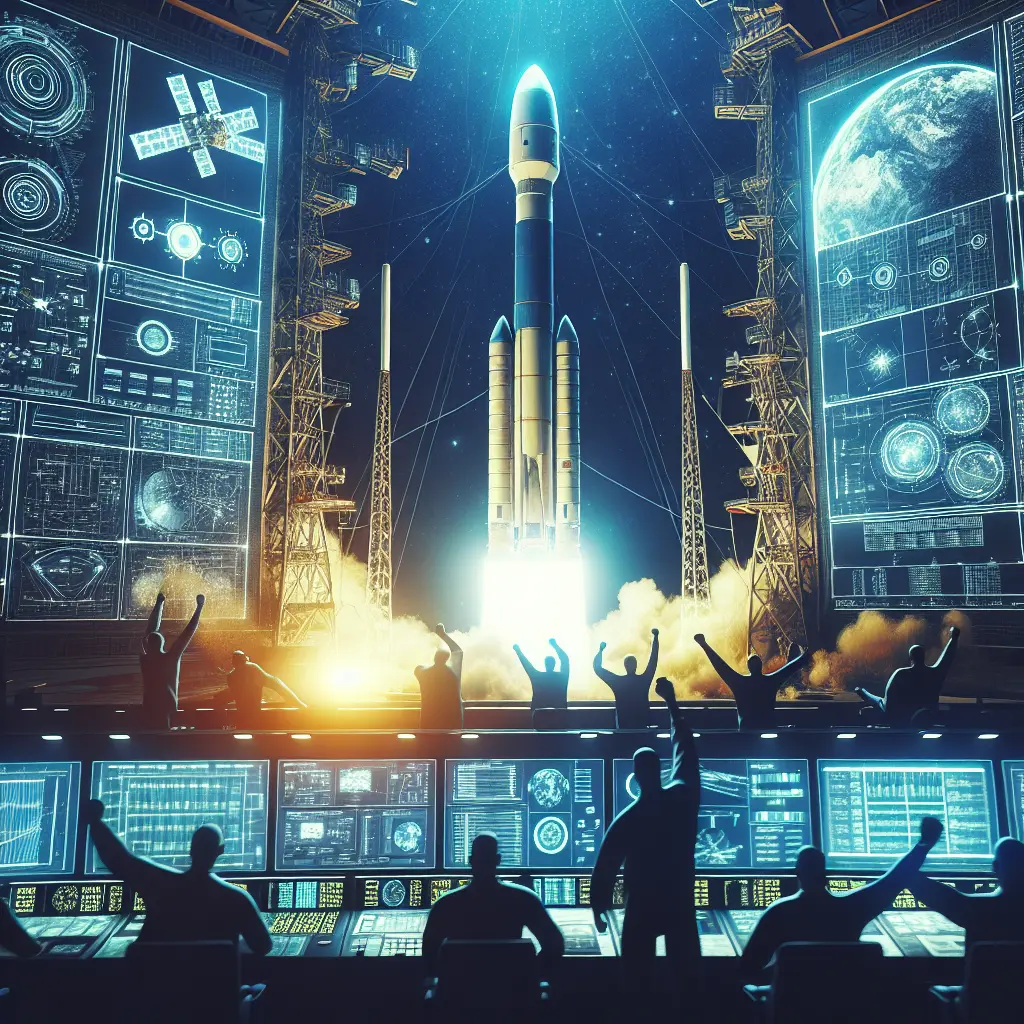
Leave a Comment